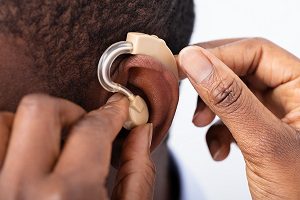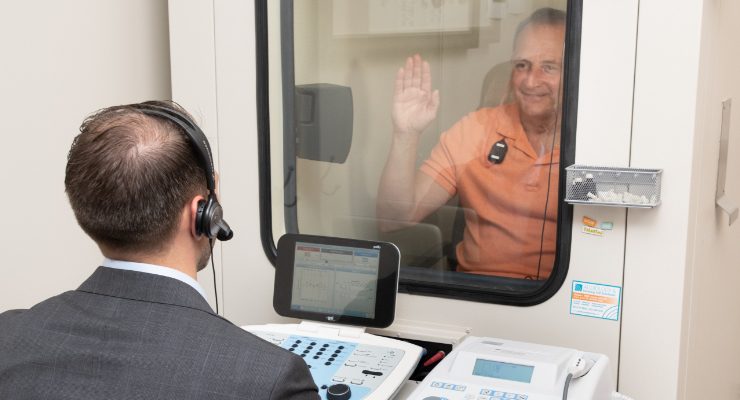
You’ve likely heard or read something about hearing loss that isn’t true. Dispelling misconceptions helps raise awareness about the everyday effects of hearing loss. Let’s take a look at some popular hearing loss falsehoods and the truths behind them.
My Hearing Loss Isn’t That Bad
Hearing loss usually occurs gradually over time. You’re not likely to notice your hearing loss immediately because you don’t realize you’re missing sounds. Furthermore, your ears and brain become accustomed to making up for the lack of auditory stimuli. Friends and family members may even notice before you do, especially if you ask them to repeat themselves frequently.
Only Older People Have Hearing Loss
While it’s true that 45% of Americans age 60 to 69 have some form of hearing loss, it’s not a condition exclusive to seniors. About 40% of the 48 million Americans with hearing loss are under 60 years old, including infants, children, teenagers and young adults. And the increased prevalence of earbud and headphone use is likely to contribute to the growing numbers of premature hearing loss.
Mild Hearing Loss Does Not Require Hearing Aids
Hearing loss can lead to miscommunications, misunderstandings and frustration. Ask yourself these questions:
- Do I struggle to understand conversations in noisy places?
- Do I have to ask others to repeat themselves regularly?
- Do I struggle hearing people who are soft-spoken, turned away from me, or in a different room?
- Has my hearing loss affected my ability to communicate?
- Do I find myself turning up the volume on my TV or radio regularly?
If you answered yes to any of these questions, you might be experiencing hearing loss. And no degree of hearing loss is too small to warrant a hearing evaluation.
Hearing Loss Doesn’t Affect Your Health
Hearing loss has been linked to the progression of several cognitive and memory disorders. In fact, a 10-decibel loss in hearing can increase your risk for Alzheimer’s or dementia by roughly 20%. Researchers believe this is because your brain is not getting enough stimuli to keep its auditory cortex active, leading to a loss of function. Hearing loss may also be a comorbidity of medical conditions like diabetes, high blood pressure or heart disease.
Hearing Aids Make People Look Old
Modern hearing aids designs are sleeker and more discreet than their predecessors. Hearing aids come in a wide variety of sizes and styles that are nearly imperceptible to the naked eye. The presence of inner ear devices like earbuds and Bluetooth earpieces also makes it more difficult to tell if someone is wearing an actual hearing device.
Schedule your hearing evaluation at one of Audiology & Hearing Aid Solutions’ offices in Clifton, Paramus, Morristown, Mahwah, Pompton Plains or Haskell to get started on your journey to better hearing.



